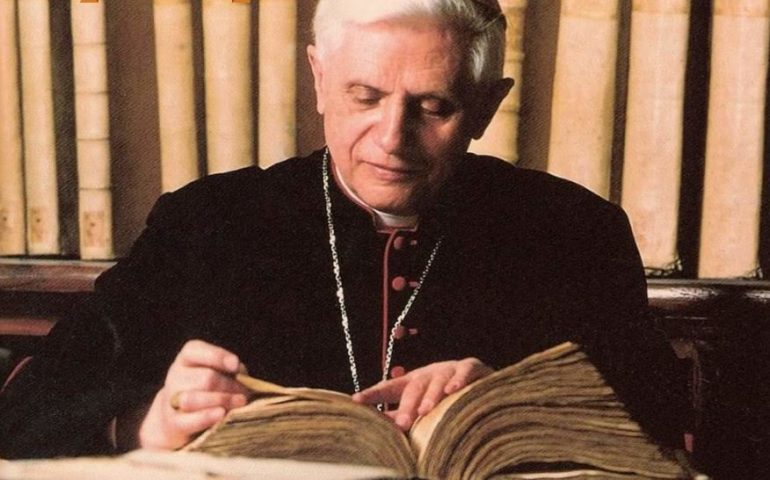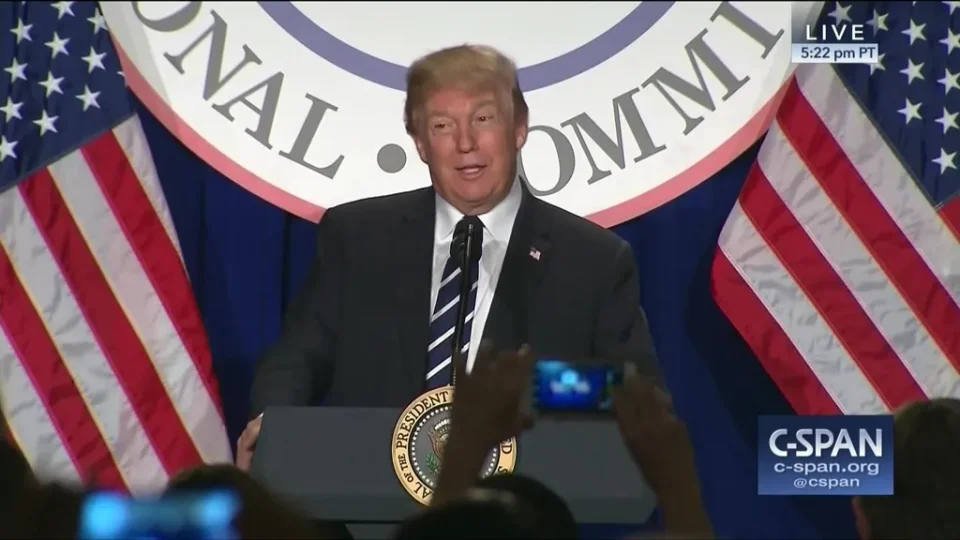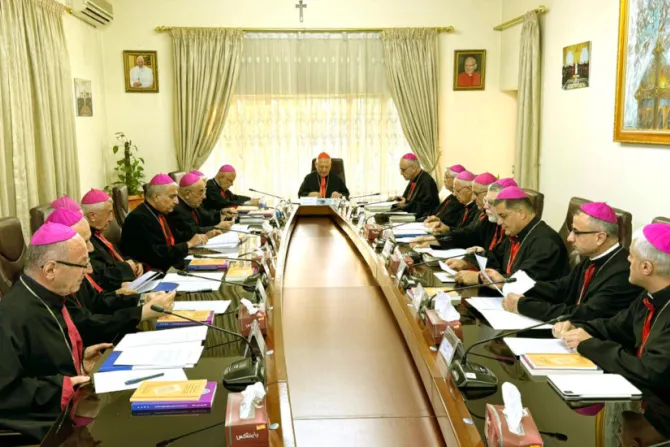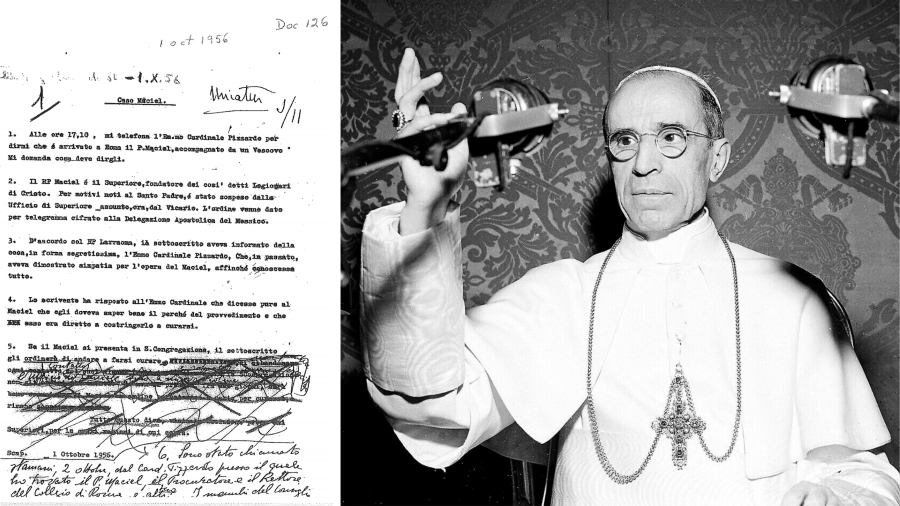Joseph Ratzinger was aware of the central event of modernity, namely the transferal of basic Christian categories from the transcendent order to the political order of this world.
By Fr. James V. Schall, Crisis Magazine, Jan. 2, 2023
The Rev. James V. Schall, SJ, (1928-2019) taught government at the University of San Francisco and Georgetown University until his retirement in 2012. Besides being a regular Crisis columnist since 1983, Fr. Schall wrote nearly 50 books and countless articles for magazines and newspapers.
Editor’s Note: A number of years ago, Crisis Magazine asked Fr. James V. Schall, S. J. to write a piece about Pope Benedict XVI in the event of the former pontiff’s passing. Since then Fr. Schall himself passed away (in 2019). This piece is likely then the last published writing of Fr. Schall.
 Like many classically trained German scholars, Joseph Ratzinger was learned in many spheres of knowledge. He displayed a considerable familiarity with those areas in which he did not directly specialize. One thinks of his knowledge of music, of his ability to play Mozart on the piano. He was said always to carry a Greek text of the Bible with him. He knew the historic and contemporary German thinkers. He was a member of one of the French learned academies. He was comfortable in several classical and modern languages.
Like many classically trained German scholars, Joseph Ratzinger was learned in many spheres of knowledge. He displayed a considerable familiarity with those areas in which he did not directly specialize. One thinks of his knowledge of music, of his ability to play Mozart on the piano. He was said always to carry a Greek text of the Bible with him. He knew the historic and contemporary German thinkers. He was a member of one of the French learned academies. He was comfortable in several classical and modern languages.
Ratzinger’s great love, even after he was called to Rome and his later elevation to the papacy, was to settle down to become a professor in a German university. His predecessor in the papacy, Karol Wojtyla, was likewise a brilliant philosophy professor. But unlike Ratzinger, had he not been a cleric or pope, he might well have become an actor, the president of Poland, or both. Somewhat reluctantly, Ratzinger realized that he was called to do something else besides German academia. But it would not be entirely wrong, on reading what he wrote during his pontificate, to argue that what he did do was to become a German professor in the papacy.*…
Continue reading >>>>





 Like many classically trained German scholars, Joseph Ratzinger was learned in many spheres of knowledge. He displayed a considerable familiarity with those areas in which he did not directly specialize. One thinks of his knowledge of music, of his ability to play Mozart on the piano. He was said always to carry a Greek text of the Bible with him. He knew the historic and contemporary German thinkers. He was a member of one of the French learned academies. He was comfortable in several classical and modern languages.
Like many classically trained German scholars, Joseph Ratzinger was learned in many spheres of knowledge. He displayed a considerable familiarity with those areas in which he did not directly specialize. One thinks of his knowledge of music, of his ability to play Mozart on the piano. He was said always to carry a Greek text of the Bible with him. He knew the historic and contemporary German thinkers. He was a member of one of the French learned academies. He was comfortable in several classical and modern languages.

